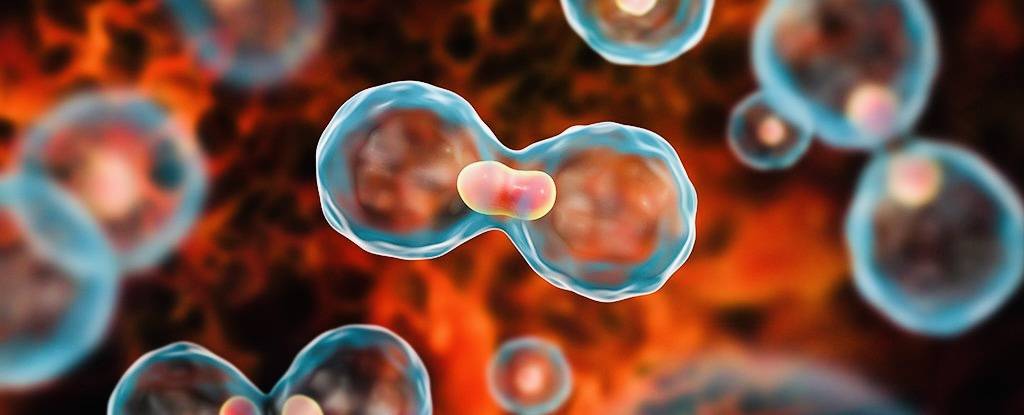Cancer is a broad term used to describe a group of diseases that involve the uncontrolled growth and spread of abnormal cells in the body. These cells can form tumors, interfere with normal bodily functions, and potentially spread to other parts of the body. There are many different types of cancer, each affecting different organs and tissues, but they all share one common characteristic: cells that grow uncontrollably. Understanding the causes of cancer, taking preventive measures, and recognizing symptoms early are key steps in combating this disease.
The causes of cancer are varied, and while some factors are beyond our control, such as genetics, many other risks can be influenced by lifestyle choices and environmental factors. One of the leading causes of cancer is exposure to carcinogens, which are substances that can damage cells and lead to cancer. These carcinogens are found in a variety of sources, including tobacco smoke, certain chemicals, and even ultraviolet (UV) radiation from the sun. Smoking is one of the most significant contributors to cancer, particularly lung cancer, and reducing or eliminating tobacco use can dramatically lower your cancer risk.
Another major cause of cancer is poor diet and lack of physical activity. Diets high in processed foods, unhealthy fats, and sugars can increase the likelihood of developing cancer, especially cancers related to the digestive system. On the other hand, eating a balanced diet rich in fruits, vegetables, whole grains, and lean proteins can help protect against cancer. Additionally, regular exercise plays a crucial role in maintaining a healthy weight and reducing the risk of cancers such as breast, colon, and endometrial cancers.
Exposure to harmful substances in the environment also contributes to cancer risk. This includes not only carcinogens like asbestos, pesticides, and air pollution but also prolonged exposure to UV radiation, which can lead to skin cancer. Wearing sunscreen, protective clothing, and limiting time spent in direct sunlight can help minimize this risk.
Preventing cancer involves taking several proactive steps to reduce the chances of developing the disease. First, avoiding tobacco in all forms, including secondhand smoke, is one of the most effective ways to prevent many types of cancer. Quitting smoking at any stage of life has been shown to decrease cancer risk significantly. Regular health screenings are another important preventive measure. Many types of cancer, such as breast, cervical, colon, and prostate cancer, can be detected early through routine screenings like mammograms, colonoscopies, Pap tests, and PSA tests. Early detection through these methods can lead to more effective treatments and better outcomes.
Maintaining a healthy lifestyle is essential for cancer prevention. This includes eating a nutritious diet, engaging in regular physical activity, and avoiding excessive alcohol consumption. Alcohol, especially when consumed in large quantities, has been linked to cancers of the liver, mouth, throat, and breast. Limiting alcohol intake to moderate levels or avoiding it altogether can help reduce cancer risk. Vaccinations are also a key component of cancer prevention. The human papillomavirus (HPV) vaccine, for example, can prevent most cases of cervical cancer and other cancers related to HPV, while the hepatitis B vaccine can lower the risk of liver cancer.
It’s equally important to be aware of the symptoms of cancer, as early detection is often critical to successful treatment. Common symptoms include unexplained weight loss, persistent fatigue, changes in bowel or bladder habits, unusual lumps or swelling, chronic pain, and changes in the appearance of the skin, such as new moles or sores that don’t heal. If you notice any of these symptoms or anything unusual about your health, it’s essential to consult a doctor as soon as possible. While these symptoms don’t necessarily indicate cancer, it’s always better to err on the side of caution and get them checked out.
When experiencing any symptoms of cancer, seeking medical attention promptly is crucial. Your healthcare provider will likely perform a series of tests to determine the cause of your symptoms, which may include blood tests, imaging scans, or a biopsy of suspicious tissue. If cancer is detected, your doctor will work with you to develop a treatment plan tailored to your specific type of cancer, which may involve surgery, radiation therapy, chemotherapy, immunotherapy, or a combination of these approaches. The earlier cancer is detected, the more options there are for treatment, and the better the chances of a successful outcome.
In summary, cancer is a serious disease, but many of its risk factors can be controlled through lifestyle changes and preventive measures. Avoiding tobacco, maintaining a healthy diet, staying physically active, and protecting yourself from harmful environmental exposures can significantly reduce your cancer risk. Regular screenings and vaccinations also play a vital role in cancer prevention. If you experience any unusual symptoms, it’s important to seek medical advice immediately, as early detection can save lives.




No comments yet
Be the first to share your thoughts!